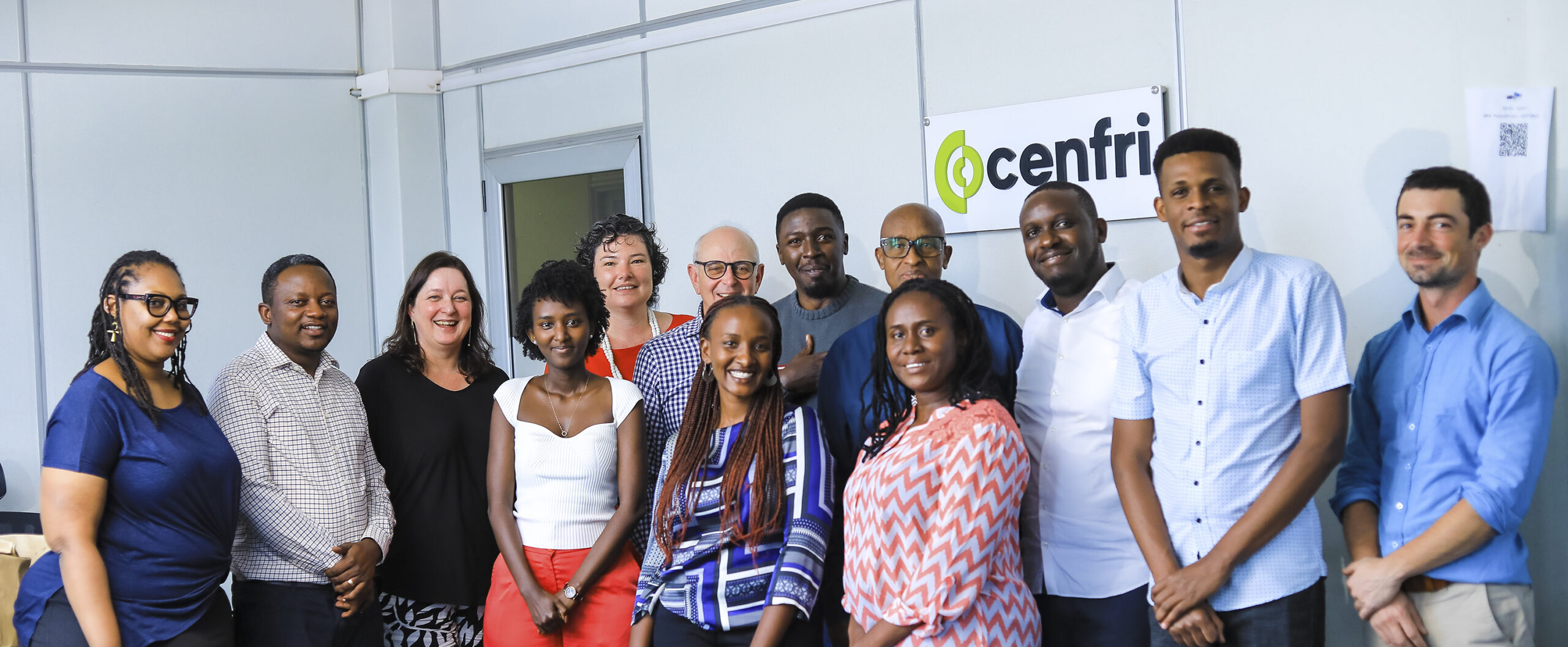
The evolution of the Rwanda Economy Digitalisation Programme
Through strategic partnerships and focused initiatives, the Rwanda Economy Digitalisation (RED) programme has made significant progress in promoting data-driven decision-making in the country. I sat down with our Partnerships and Country Lead, Arlette Rwakazina, to talk about some of the achievements and challenges of the programme to date. We also












